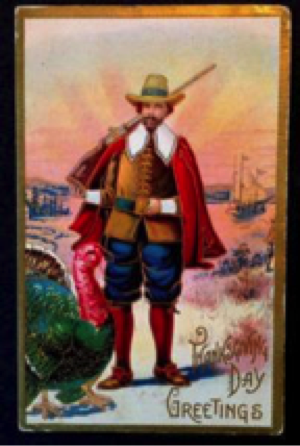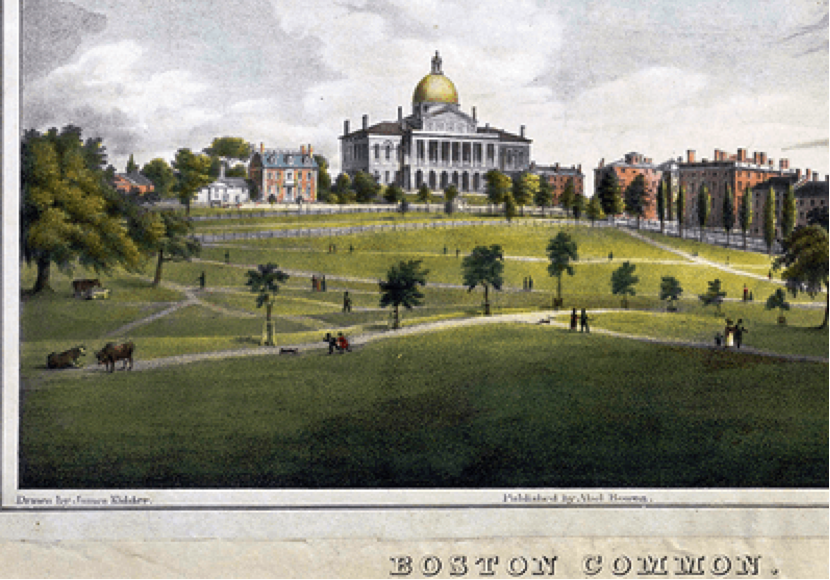Humphrey Atherton (1608-1661) is my paternal eighth great-grandfather. At the time of his death he was considered a powerful leader who was very active in the political affairs of the colony. However, through the lens of history, his persecution of Quakers, questionable acquisition of Indian lands and apprehension and conviction of heretics presents him in less favorable lights.
Humphrey
Atherton was born in England in 1608 and arrived in Boston by 1635/36.
According to published accounts, he held the
highest military rank in colonial New England, served as deputy governor, a
representative in the General Court, Speaker of the House, representing
Springfield, Massachusetts and as magistrate in the judiciary of colonial government.
Major General
Atherton after a review of the troops on Boston Common, September 16, 1661,
died as a result of being thrown from his horse, which stumbled over a cow
lying in the road.
Persecution
of Quakers – Mary Dyer and three other
Quakers were hanged on Boston Common in 1660 for civil disobedience. They
were given the opportunity to leave, to agree to permanent exile from
Massachusetts, and instead they chose to die. Many view their act as a
touchstone for the separation of church and state in America, the birth of our
First Amendment rights. Humphrey Atherton, as the below quote attests, held a
different view of Mary’s death.
Mary Dyer of Rhode Island: The Quaker Martyr that was
Hanged on Boston Common
A later play
by Henry Wadsworth Longfellow (John Endicott) portrays Atherton’s
death, as seen by the Quakers, as a punishment from God for his persecution of
them.
ENDICOTT.And did not some one say, or have I dreamed it,That Humphrey Atherton is dead?
BELLINGHAM.Alas!He too is gone, and by a death as sudden.Returning home one evening, at the placeWhere usually the Quakers have been scourged,His horse took fright, and threw him to the ground,So that his brains were dashed about the street.
ENDICOTT.I am not superstitions, Bellingham,And yet I tremble lest it may have beenA judgment on him.
In 1659, he
(Atherton) began a land speculation venture called the Atherton Company,
supported by influential shareholders in the colonies and at the
metropole. Hardly a model of ethical practice, the company was a method
of gaining control over vast quantities of Indian land. In 1660, Atherton
was part of a scheme to defraud the Narragansetts of much of their territory
and remove them from their land. (Yale Indian Papers Project)
Additional
background: Profits in the Wilderness: Entrepreneurship and the
Founding of New England


